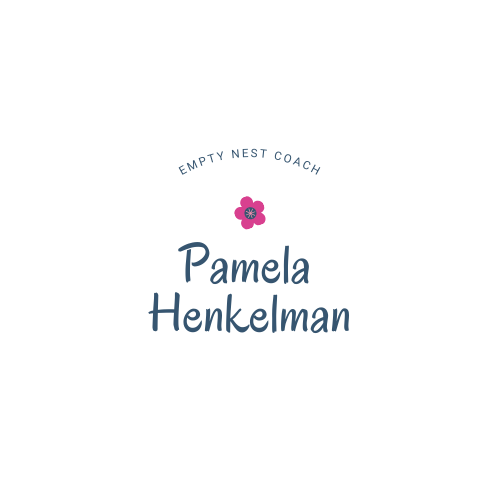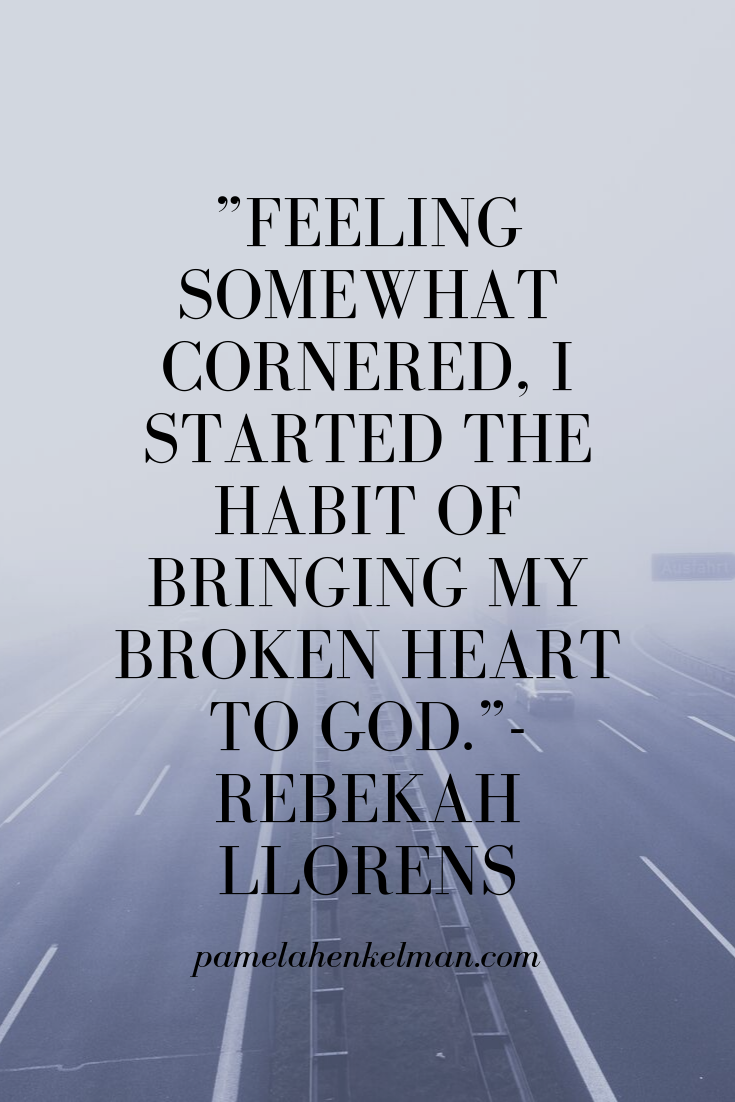Refining Stories: A Body to Worship
/
As part of my Refining Series, I’m sharing Refining stories; stories of women who have wrestled with God, through difficult situations and let Him refine them. They felt the sting of disappointment and have run to God with their pain. In turn, God has revealed more of His character to them.
Today I share a story many are familiar with, the refining from an injury. As much as we wish we wouldn’t get injured or hurt, it happens because we live in a fallen world. But God offers us Himself in these seasons. I pray her words bring you comfort. I am honored to share Rebekah’s story with you.
Rebekah’s Story:
One day early in basketball season, during my junior year of college, a group of teammates talked about how awful an injury, especially a torn ligament, would be.
“That would be awful,” one said. “I don’t know how I’d keep going,” said another.
I don’t know how I’d respond, I thought to myself. I haven’t been injured longer than a day or two.
It wasn’t my experience yet, but it was coming, and I would have a lot to learn in the process.
Midway through that season, during our holiday tournament, I had played well in Game 1, and my performance early in Game 2 set me up well for all-tournament honors. Toward the end of the second game, however, I took one wrong step. No contact from another player, no accident. Just a step and my knee buckled.
I wanted to deny it, but my knee continued to swell, and all the telltale signs were there. I heard the results of my MRI the day after Christmas: I had torn my anterior cruciate ligament (ACL) in my left knee.
While a brief sports history lesson will tell you that an ACL tear is no longer the career-ending tragedy it used to be, you should know that the road to recovery is long. This particular ligament in the knee isn’t considered necessary to daily function; some people choose to go without surgery and just stop competing athletically. Though not essential, the ACL stabilizes the knee for quick, angular movements, like dodging the person who’s “it” in a game of tag. To restore this stability, a surgeon attaches a new ligament to the bones, and the new ligament needs time to grow into the bone. That process takes months, as the patient also rebuilds muscle to keep the joint stable. Even if a person returns to normal function, the risk of eventually tearing that ACL again, or tearing the ACL in the other knee, increases greatly.
The timeline was set before me. I wouldn’t return to play for at least nine months, if everything went well.
I lay in bed that night and I cried out to God. What did I do to deserve this? I had bounced back from other hits to return with a healthier spirit and mindset. Why allow me to come back just to knock me down again?
I resolved: I would do everything in my power to make my body healthy. If I didn’t play again, that wouldn’t be my fault. It would be God’s call to make.
And so the road began, filled with hours of exercises and appointments and icing my knee. While my teammates went to practice, I went to the athletic training room for rehab. Days dragged into weeks and weeks into months. Milestones, like walking without crutches and straightening my leg on my own, made me roll my eyes early on. Before my injury, I would’ve had pity for someone in my position, lacking the understanding that those motions were truly worth celebrating.
That was the first shift I saw in my mindset. My eyes opened to the fact that everything I had taken for granted, from physical strength to freedom of movement to the ability to play basketball with fantastic people, was a huge gift. I began to count my blessings regularly, writing at least three points of thankfulness every night before God. Some nights, it was all I could do to count to three. Other nights, the three came easily and I listed even more.
As I regained my strength, I learned that I truly considered the gym the safest place I knew. It was my safe harbor, a place with direct tasks that I could accomplish. These tasks, as small as they felt, would build on themselves to make me strong. This, I slowly recognized, had been an emotional crutch both before and after injury: the gym was the place that I ran for comfort. My focus narrowed more easily when I had a clock to beat or a number of shots to make, or plays to remember. I had consistently measured my worth and ability by the weight I lifted and the exercises I completed.
This forced separation from my sport grated my nerves. I had known basketball to be my outlet, my opportunity to feel the depth of my emotions throughout my body. Without it, I wrestled with depressive symptoms and had less patience with people. Where could my frustration go? And where would my identity go, if I didn’t have the capacity to prove and refine it in the gym? If I set my identity on what I could physically do, and I could do very little, then my identity would collapse. I had to define myself by something else.
At the end of each day, I returned through snow and sleet to my apartment. For all the support my family and friends gave while I was out and about, in the end, I sat alone. I wrote pages and pages of prayers in my journal. Sometimes, I set the blank pages in front of me and cried. I couldn’t run off my stress and it was difficult to leave the building in winter, especially while I had crutches. As the weather moved to spring, I couldn’t run to feel the wind across my skin. My anxiety had to go somewhere.
Broken-hearted:
Feeling somewhat cornered, I started the habit of bringing my broken heart to God. In the morning I opened God’s Word and stayed in it, meditating and asking God to sow it a little deeper into me. I remember the psalms of lament and anger, and sometimes I used them to scream to God. I also read the stories of acts of faith, when people didn’t quite know what God would do but went forward anyway. God’s Word touched me in a special way during that season. I was becoming new, finding and keeping hope, even as I held my questions and frustration.
God provided, and God rebuilt. He rebuilt my spirit as I supported my teammates and other people recovering from injuries, and as I thanked everyone who helped me, reminding me that love was a tangible element in my life. He restored my body so that I eventually returned to play my senior year. More importantly, God refined my heart and reframed my story, helping me see the gifts God gave. I learned to bless God for the unique opportunity I had to depend on God and remove my identity from a faulty foundation, settling it on a foundation laid with God’s goodness and grace.
What would I have done if I hadn’t become healthy again? I don’t know. What I do know, now, is that my physical health is a gift that I don’t deserve. Instead of worshiping my body and striving to keep it together, I use my body to worship and tell of the hope God gives for both this life and the next.
Are you still struggling?
Maybe this will help.
I’ve included a free resource for you to help you survive your own refining season. Just click on the link below and leave your name and email so I know where to send it.
Rebekah Llorens is a writer by wiring, high school basketball coach by compulsion, and customer service account specialist by day, from northern Illinois. She loves a good comeback story and enjoys encouraging others when they don’t see the end of their own stories yet. Rebekah recently began a blog, “Thoughts and Other Things to Consider.” You can find her thoughts at rebekahllorens.wordpress.com.








